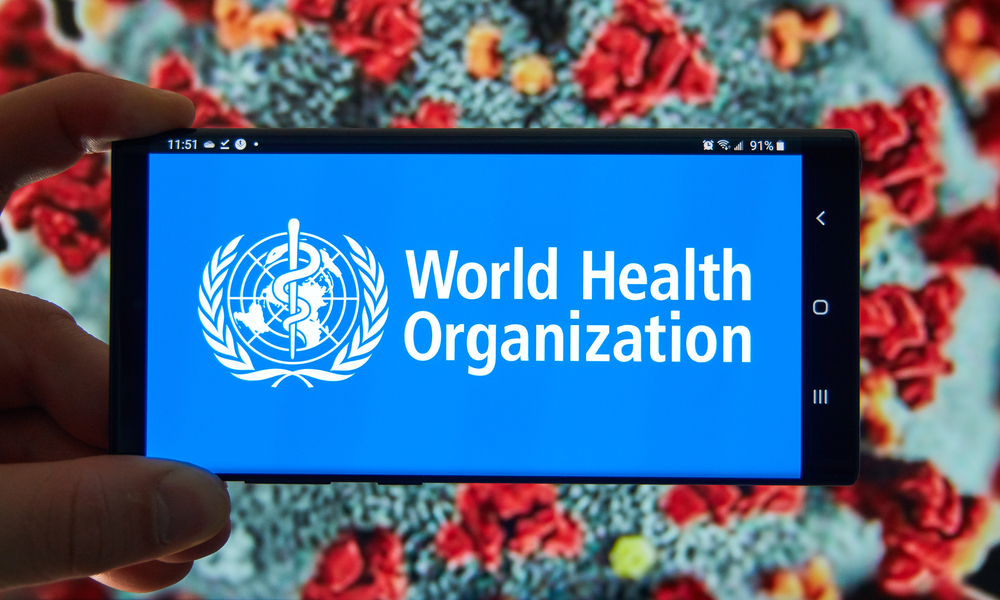The World Health Organization (WHO) has declared the ongoing spread of poliovirus a continued Public Health Emergency of International Concern (PHEIC), citing intensifying transmission in prevalent regions and new outbreaks of vaccine-derived strains across Africa, Asia, and Europe. The decision, announced on April 9, 2025 followed a stark rise in wild poliovirus (WPV1) cases in Afghanistan and Pakistan as well as the detection of vaccine-derived poliovirus (cVDPV) in 34 countries, including recent outbreaks in Europe.
The 41st meeting of the WHO’s Polio Emergency Committee revealed alarming trends in WPV1 transmission. Afghanistan and Pakistan, the last two endemic countries, reported a combined 99 WPV1 cases in 2024, a dramatic surge from 2023. Pakistan alone saw a 12-fold increase, with cases concentrated in Khyber Pakhtunkhwa, Sindh, and Balochistan provinces. Environmental samples confirmed widespread circulation, with 741 positive tests in 2024.
Afghanistan suspension of house-to-house vaccination campaigns since October 2024, has left significant gaps in immunization coverage, especially for girls and young children. Meanwhile operational challenges and insecurity have hindered Pakistan’s vaccination efforts, with recent campaigns over 200,000 children missing. Cross-border population movements, including the return of Afghan refugees from Pakistan has heightened the risk of poliovirus spread hence coordinated efforts are necessary in order to address these challenges and ensure a comprehensive vaccination coverage in both countries.
The Committee warned that the resurgence of WPV1 in Kandahar and Karachi, historical hotspots, marks a dangerous setback, and urged both countries to immediately resume door-to-door vaccinations and actively recruit more female workers to increase coverage.
Highlights were on weak immunization systems, conflict zones and large unvaccinated populations as key drivers. Northern Yemen and Somalia, where access to vaccines is limited, face heightened risks. Also, alarms were raised over funding shortfalls threatening eradication efforts, despite Saudi Arabia’s recent $500 million pledge. “Failure is not an option,” they stressed, urging donors and governments to prioritize polio financing.
“Polio’s resurgence in Europe and Africa proves no region is safe until the virus is eradicated everywhere,” the Committee stated.
In response to the growing threat, the WHO has extended temporary recommendations to reduce the risk of international spread of poliovirus. Countries infected with WPV1, cVDPV1, or cVDPV3 are advised to ensure residents and long-term visitors receive a dose of bivalent oral poliovirus vaccine (bOPV) or inactivated poliovirus vaccine (IPV) before international travel.
Source: World Health Organization.



